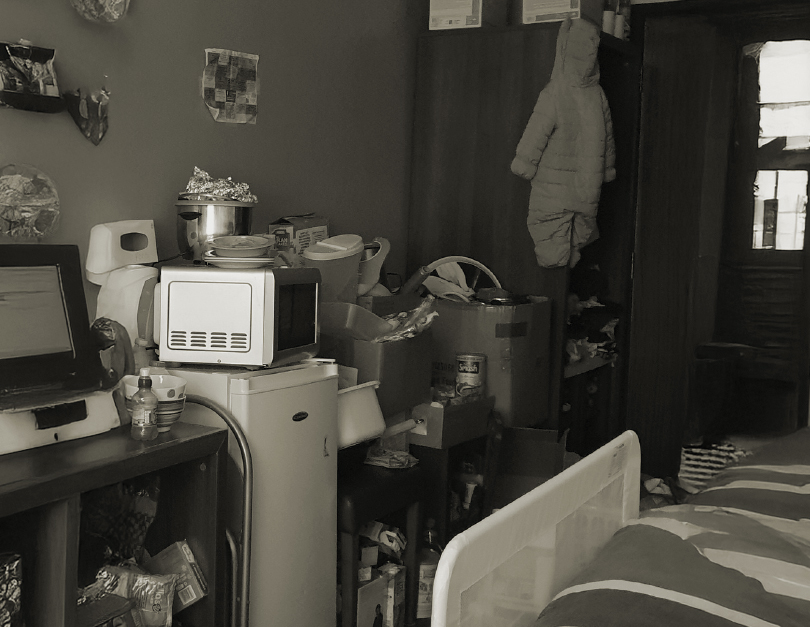 As part of our series of articles on UK repossession, we look at selling your home to avoid homelessness.
As part of our series of articles on UK repossession, we look at selling your home to avoid homelessness.
Lets be clear allowing your house to be repossesed does NOT automatically result in being homeless or faced with temporary housing. You will have opportunities to try to find alternative housing during the process however a lack of time and money are often determining factors.
Likewise, selling your house to prevent repossession does not guarantee you will not be left homeless or avoid temporary housing. You will need to find alternative housing when your property sale is complete if you cannot find anything suitable, you can still approach the council.
BUT, if you sell your house yourself rather than let it be repossessed:
- You will have a wider SELECTION of rented housing to choose from if you can include properties in the private rented sector (PRS)
- You will have more TIME to find something suitable than the courts provide after a possession order is granted to your lender
- You are more likely to be able to access the CASH tied into your property when you need it to pay MOVING COSTS
- You are more likely to be able to access the CASH tied into your property when you need it to pay RENT ADVANCES and DEPOSIT COSTS
If your lender serves you with a notice to repossess your home, they have to let the local council know that they’re taking this action and that you might end up homeless. The local council should then get in touch with you to offer support and advice about your rehousing options.
Anecdotal reports from some of the tenants we have helped rehouse suggest some councils are advising people to ignore any date given to them by the courts to vacate the repossessed property and to remain in place until a bailiff enforces the order so that they are not classed as ‘voluntary homeless’.
If your council does not contact you, you should seek assistance from your local council’s housing department as soon as possible to find out about the options they can offer, your priority on the council house waiting list if you are made homeless and average wait for people with your priority so you can decide whether you need to wait to be housed by the council or if you can seek alternative housing from the PRS.
If you are made homeless and have to wait for a council house, councils may provide a variety of temporary accommodation options, depending on your circumstances and availability.
- Hostels: These can be managed by the council or charities and offer basic rooms, sometimes with shared facilities like kitchens and bathrooms.
- Bed and Breakfast (B&Bs): These are privately run or sourced by the council and typically offer rooms, though often without cooking facilities and with shared bathrooms.
- Private Landlord Lettings: Councils may lease properties from private landlords for use as temporary accommodation.
- Council or Housing Association Properties: Short-term tenancies in properties owned by the council or housing associations.
- Supported Housing: Designed for individuals with specific support needs, such as young people or those with mental health challenges.
- Eligibility: To qualify for assistance, you’ll need to apply to your local council as homeless and meet specific criteria, including demonstrating eligibility and having a priority need.
- Suitability: The council must ensure the accommodation offered is suitable for your needs, considering factors like family size, health, and location. Advicenow explains the suitability test in more detail.
- Rent & Charges: You’ll generally be responsible for paying rent and service charges, but help is available through Housing Benefit or Universal Credit for those on low incomes.
- Duration: Temporary accommodation is meant to be a short-term solution while awaiting more permanent housing. However, in some areas with housing shortages, you could be in temporary accommodation for a significant period.

 The Online National Residential Agency: Best Price Possible & Quickest Sale - guaranteed
The Online National Residential Agency: Best Price Possible & Quickest Sale - guaranteed



